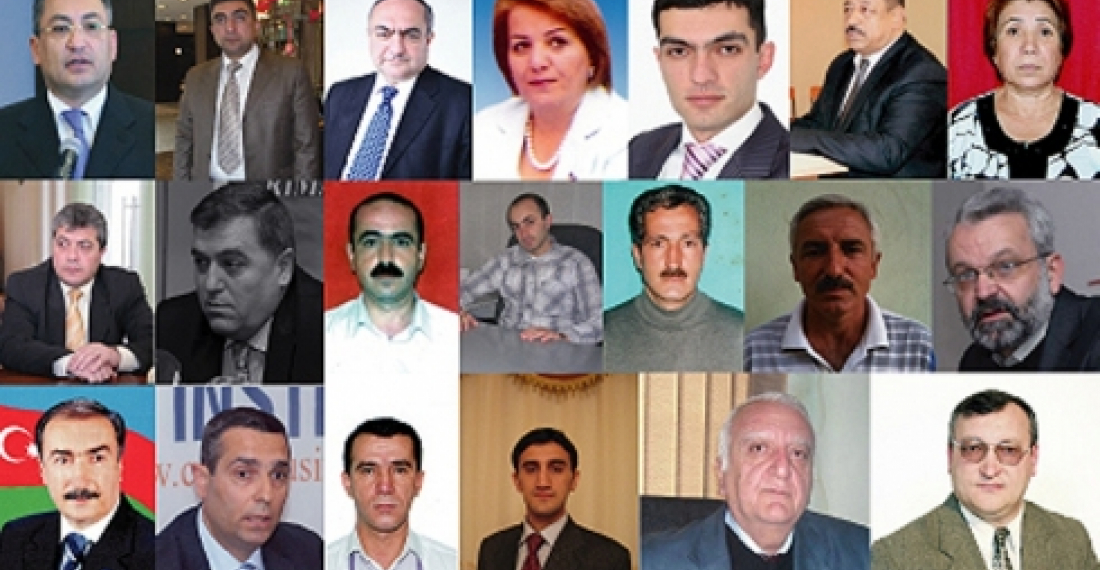- Armenia-Azerbaijan Strategic Expert Platform: Members emphasise the importance of the present moment for the South Caucasus and call for the momentum to be used for the long-term peace and prosperity of the region
- Thursday Interview: Dr. Anar Valiyev
- Food insecurity in Somalia has nearly doubled in the past year
- Türkiye evaluating potential measures in case of a US-Iran conflict
- European Parliament reaffirms support for Ukraine and EU Path
- EU moves ahead with Ukraine loan preparations despite Hungarian block
Giving a voice to the people most affected by the Karabakh conflict

As part of its on-going efforts to promote the peaceful resolution of the conflict over Nagorno-Karabakh, the British non-governmental organisation LINKS has over the summer conducted interviews with twenty key personalities from Nagorno-Karabakh. Ten interviews were conducted with politicians and civil society activists in Nagorno-Karabakh itself. A further series of ten interviews were conducted in Baku with key personalities from the community of those displaced by the conflict.
The interviews give a vivid, even if sombre picture, of the attitude of Armenians and Azerbaijanis from Karabakh whose lives have been deeply affected by the conflict, and whose destiny will be at the heart of any future conflict settlement.
The interviewing team was composed of Josh Bird, Hovhannes Nikoghosyan and Fuad Hasanov.
Commonspace.eu will publish the interviews one by one over the next weeks on Tuesdays and Thursdays, starting from tomorrow (8 September).
A spokesperson for LINKS said “We want to give a voice to the people that are directly affected by the conflict. Some of their statements are tough, and we do not always like what they say. But it is important that the world community listens to these voices if it wants to understand the conflict. It is hoped the release of these interviews will contribute to a genuine debate on the future of Karabakh and on the resolution of the conflict”.
LINKS work in support of the peaceful settlement of the conflict over Nagorno-Karabakh is conducted in the framework of a European civil society partnership (EPNK) with the support of the European Union. LINKS works in partnership with a number of European and local partners. Commonspace.eu is a collaborative project between LINKS, Arminfo News Agency of Armenia and 1news.az of Azerbaijan.








